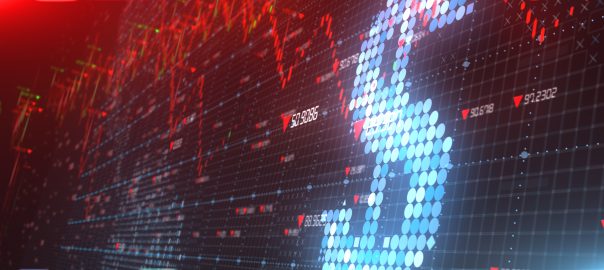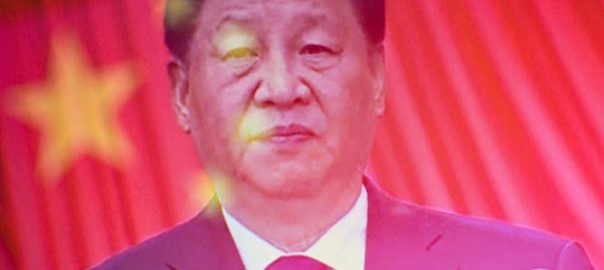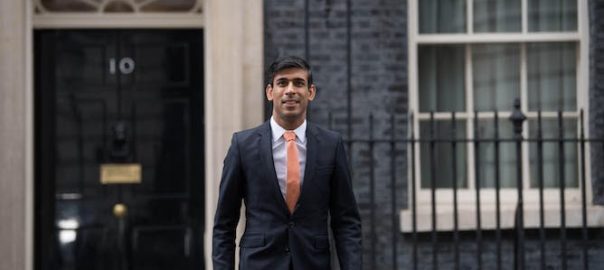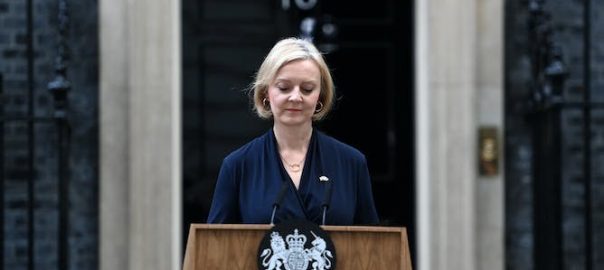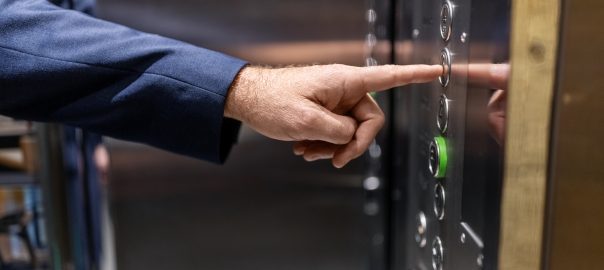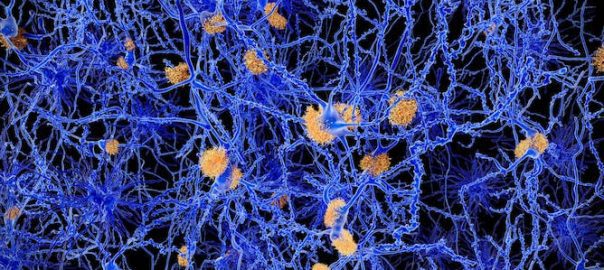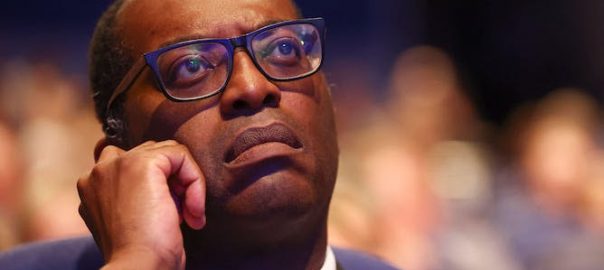Victoria Honeyman, University of Leeds
When Rishi Sunak lost to Liz Truss in the first Conservative Party leadership race of 2022, few were surprised. Many of the people given the chance to choose between the two candidates blamed Sunak for Boris Johnson’s downfall. They also preferred Truss’s “optimistic” economic policies to Sunak’s sombre assessment of the fiscal outlook. Where she promised generous tax arrangements, he argued that economic circumstances would be hard and taxes could not be cut in the short term. Indeed, he warned, they might even have to rise.
Continue reading →

